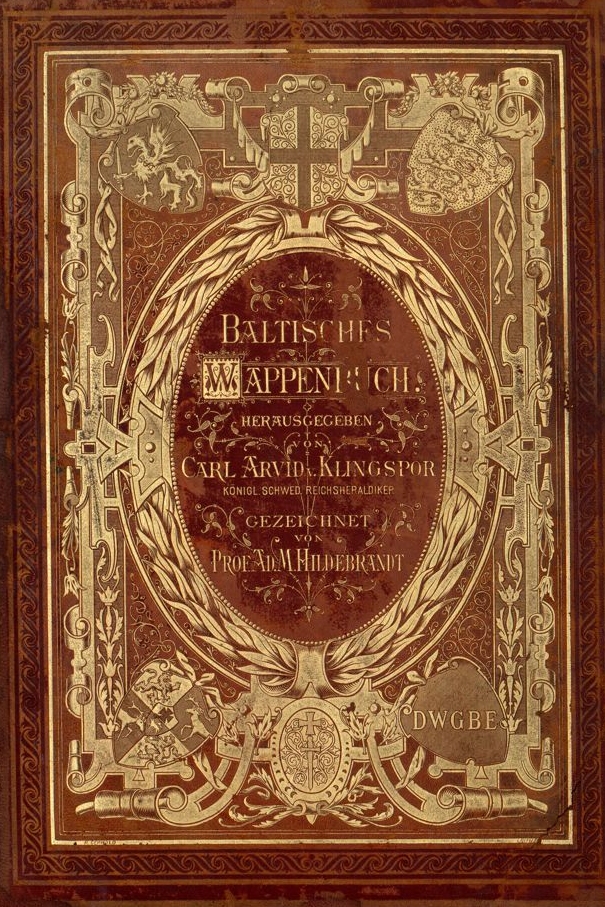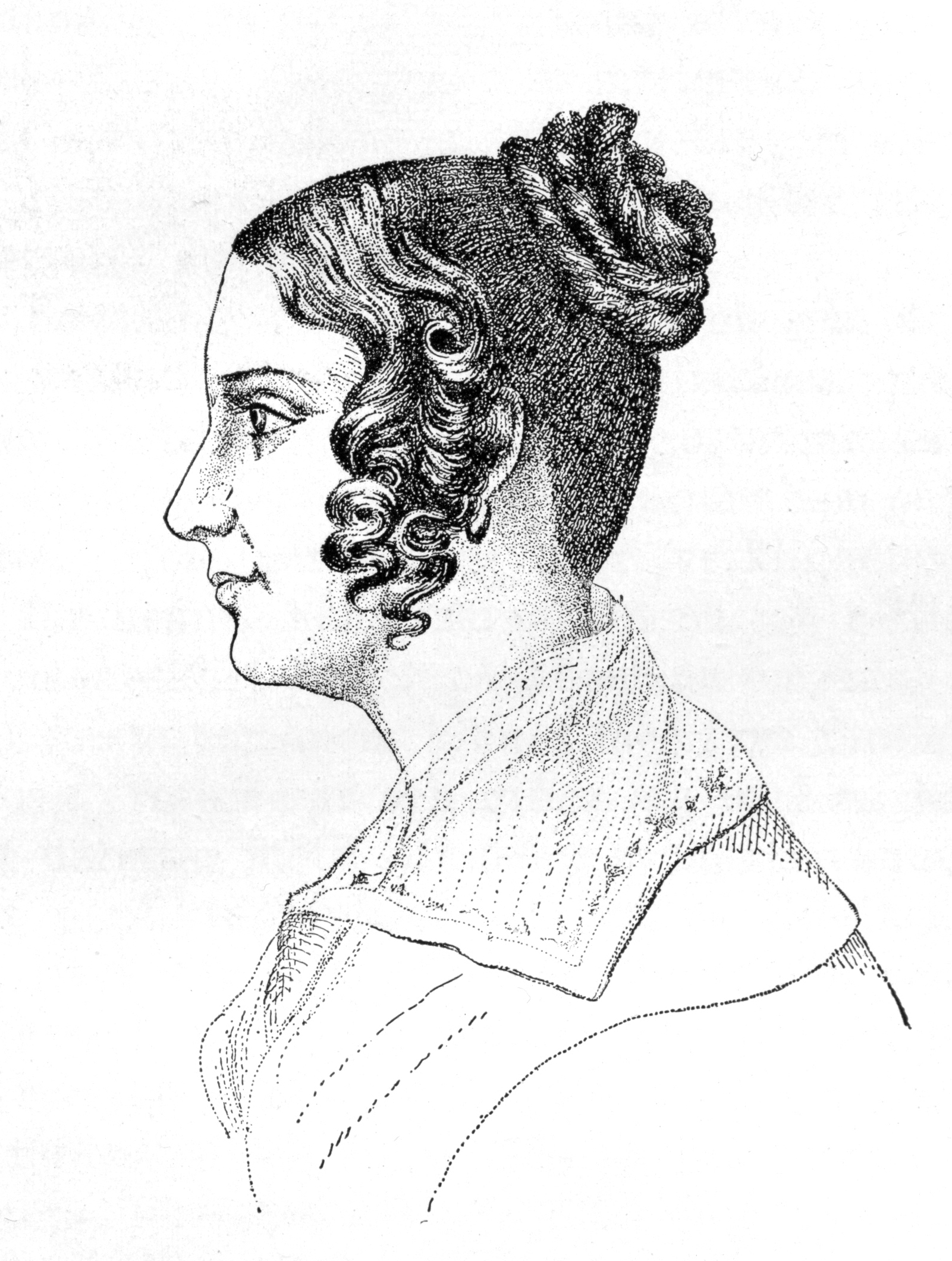|
Knorring Family
The Knorring family also spelled von Knorring is the name of an old Baltic German nobility, Baltic-German noble family, whose members held significant positions within the Russian Empire and Scandinavia. They held the title of Baron in Sweden and Prussia. Notable members * Bogdan von Knorring (1746–1825), Russian general * Frans Peter von Knorring (1792–1875), Finnish social reformer * Sophie von Knorring (1797–1848), Swedish novelist and noble * Sophie Tieck, Sophie von Knorring, (1775–1833), German writer born Sophie Tieck * Olga Knorring (1887-1978), Russian botanist ;Other * F.P. von Knorring (ship), ship in Mariehamn, called after the Finnish reformer. {{surname ... [...More Info...] [...Related Items...] OR: [Wikipedia] [Google] [Baidu] |
Baltic German Nobility
Baltic German nobility was a privileged social class in the territories of today's Estonia and Latvia. It existed continuously since the Northern Crusades and the medieval foundation of Terra Mariana. Most of the nobility were Baltic Germans, but with the changing political landscape over the centuries, Polish, Swedish and Russian families also became part of the nobility, just as Baltic German families re-settled in locations such as the Swedish and Russian Empires. The nobility of Lithuania is for historical, social and ethnic reasons separated from the German-dominated nobility of Estonia and Latvia. History This nobility was a source of officers and other servants to Swedish kings in the 16th and particularly 17th centuries, when Couronian, Estonian, Livonian and the Oeselian lands belonged to them. Subsequently Russian Tsars used Baltic nobles in all parts of local and national government. Latvia in particular was noted for its followers of Bolshevism and the latter were ... [...More Info...] [...Related Items...] OR: [Wikipedia] [Google] [Baidu] |
Russian Empire
The Russian Empire was an empire and the final period of the Russian monarchy from 1721 to 1917, ruling across large parts of Eurasia. It succeeded the Tsardom of Russia following the Treaty of Nystad, which ended the Great Northern War. The rise of the Russian Empire coincided with the decline of neighbouring rival powers: the Swedish Empire, the Polish–Lithuanian Commonwealth, Qajar Iran, the Ottoman Empire, and Qing China. It also held colonies in North America between 1799 and 1867. Covering an area of approximately , it remains the third-largest empire in history, surpassed only by the British Empire and the Mongol Empire; it ruled over a population of 125.6 million people per the 1897 Russian census, which was the only census carried out during the entire imperial period. Owing to its geographic extent across three continents at its peak, it featured great ethnic, linguistic, religious, and economic diversity. From the 10th–17th centuries, the land ... [...More Info...] [...Related Items...] OR: [Wikipedia] [Google] [Baidu] |
Scandinavia
Scandinavia; Sámi languages: /. ( ) is a subregion#Europe, subregion in Northern Europe, with strong historical, cultural, and linguistic ties between its constituent peoples. In English usage, ''Scandinavia'' most commonly refers to Denmark, Norway, and Sweden. It can sometimes also refer more narrowly to the Scandinavian Peninsula (which excludes Denmark but includes part of Finland), or more broadly to include all of Finland, Iceland, and the Faroe Islands. The geography of the region is varied, from the Norwegian fjords in the west and Scandinavian mountains covering parts of Norway and Sweden, to the low and flat areas of Denmark in the south, as well as archipelagos and lakes in the east. Most of the population in the region live in the more temperate southern regions, with the northern parts having long, cold, winters. The region became notable during the Viking Age, when Scandinavian peoples participated in large scale raiding, conquest, colonization and trading mostl ... [...More Info...] [...Related Items...] OR: [Wikipedia] [Google] [Baidu] |
Baron
Baron is a rank of nobility or title of honour, often hereditary, in various European countries, either current or historical. The female equivalent is baroness. Typically, the title denotes an aristocrat who ranks higher than a lord or knight, but lower than a viscount or count. Often, barons hold their fief – their lands and income – directly from the monarch. Barons are less often the vassals of other nobles. In many kingdoms, they were entitled to wear a smaller form of a crown called a ''coronet''. The term originates from the Latin term , via Old French. The use of the title ''baron'' came to England via the Norman Conquest of 1066, then the Normans brought the title to Scotland and Italy. It later spread to Scandinavia and Slavic lands. Etymology The word '' baron'' comes from the Old French , from a Late Latin "man; servant, soldier, mercenary" (so used in Salic law; Alemannic law has in the same sense). The scholar Isidore of Seville in the 7th century t ... [...More Info...] [...Related Items...] OR: [Wikipedia] [Google] [Baidu] |
Sweden
Sweden, formally the Kingdom of Sweden,The United Nations Group of Experts on Geographical Names states that the country's formal name is the Kingdom of SwedenUNGEGN World Geographical Names, Sweden./ref> is a Nordic country located on the Scandinavian Peninsula in Northern Europe. It borders Norway to the west and north, Finland to the east, and is connected to Denmark in the southwest by a bridgetunnel across the Öresund. At , Sweden is the largest Nordic country, the third-largest country in the European Union, and the fifth-largest country in Europe. The capital and largest city is Stockholm. Sweden has a total population of 10.5 million, and a low population density of , with around 87% of Swedes residing in urban areas in the central and southern half of the country. Sweden has a nature dominated by forests and a large amount of lakes, including some of the largest in Europe. Many long rivers run from the Scandes range through the landscape, primarily ... [...More Info...] [...Related Items...] OR: [Wikipedia] [Google] [Baidu] |
Prussia
Prussia, , Old Prussian: ''Prūsa'' or ''Prūsija'' was a German state on the southeast coast of the Baltic Sea. It formed the German Empire under Prussian rule when it united the German states in 1871. It was ''de facto'' dissolved by an emergency decree transferring powers of the Prussian government to German Chancellor Franz von Papen in 1932 and ''de jure'' by an Allied decree in 1947. For centuries, the House of Hohenzollern ruled Prussia, expanding its size with the Prussian Army. Prussia, with its capital at Königsberg and then, when it became the Kingdom of Prussia in 1701, Berlin, decisively shaped the history of Germany. In 1871, Prussian Minister-President Otto von Bismarck united most German principalities into the German Empire under his leadership, although this was considered to be a "Lesser Germany" because Austria and Switzerland were not included. In November 1918, the monarchies were abolished and the nobility lost its political power during the Ger ... [...More Info...] [...Related Items...] OR: [Wikipedia] [Google] [Baidu] |
Bogdan Von Knorring
Gotthard Johann von Knorring (1744 or 1746 russian: Богдан Фёдорович Кнорринг (Bogdan Fyodorovich Knorring) was a Baltic German who was a soldier in the Russian Army, rising to become a general. Biography He was born in 1744 or 1746.–1825) Knorring grew up on Ervita manor, in the Governorate of Estonia. He was appointed general quartermaster in 1788 and had active duty during the war against Sweden (1788–1790). In 1792-1794 he participated in the campaign in Poland. When Paul I started his reign, Knorring withdrew from the military for some years. He participated in the war against France in 1807 but was recalled due to disagreements with the commanding general, Levin August von Bennigsen. In December 1808 he was appointed commander of the Russian forces in Finland after Friedrich Wilhelm von Buxhoevden and under his command the Russian forces crossed the Gulf of Bothnia on the ice and invaded Sweden proper. Shortly after, in March 1809 the command o ... [...More Info...] [...Related Items...] OR: [Wikipedia] [Google] [Baidu] |
Frans Peter Von Knorring
Frans Peter von Knorring, (6 October 1792, Kokemäki - 29 March 1875) was a social reformer in Åland. Biography He was born on 6 October 1792. He was the vicar of Finström from 1834 to 1875 and he organized the educational system in Åland. He started an elementary school at Godby in 1853. The school's syllabus included subjects related to farming. A versatile man who published books on many subjects, such as linguistics, geography, pedagogy and economics, he also founded the first newspaper on Åland in 1868. He died on 29 March 1875. Legacy Two statues have been raised in his honour, one in Mariehamn and one at the church Church may refer to: Religion * Church (building), a building for Christian religious activities * Church (congregation), a local congregation of a Christian denomination * Church service, a formalized period of Christian communal worship * C ... of Finström. 1792 births 1875 deaths People from Kokemäki Social reformers People from Ålan ... [...More Info...] [...Related Items...] OR: [Wikipedia] [Google] [Baidu] |
Sophie Von Knorring
Sophie Margareta von Knorring, née ''Zelow'' (28 September 1797 – 13 February 1848), was a Swedish novelist and noble. She is regarded as a pioneer of the realistic novel in Sweden. Most of her novels are romantic love stories in an aristocratic environment. Biography She was born the offspring of the noble major Christer Göran Zelow, chamberlain at the royal court, and Helena Sophia Gripenstedt, at the manor Gräfsnäs on 28 September 1797. She and her four younger sisters was given an education regarded suitable for a female noble before marriage and debuting in aristocratic high society life: German, English, French, Italian, Music, painting and dance, all provided for by private teachers at home. They were taught religion, history and literature by the poet Arvid August Afzelius. She lived in the capital of Stockholm with her mother and sisters from 1810, where she debuted in society in the 1812–13 season. This was a particularly lively society season in Stockholm, which ... [...More Info...] [...Related Items...] OR: [Wikipedia] [Google] [Baidu] |
Sophie Tieck
Sophie Tieck (28 February 1775 – 1 October 1833), later known as Sophie Bernhardi or Sophie von Knorring, was a German Romantic writer and poet. Her role as a writer of the Romantic period was overshadowed by her brother Ludwig and her first husband. She was only really appreciated as an important writer when her letters were published in the 1960s. Life Tieck was born in Berlin in 1775 to Ludwig and Ann Sophie Tieck. Her father was a rope maker. She was the middle child of three and, unlike her two brothers, she was educated at home by her mother. Her elder brother was Ludwig Tieck, also a notable writer, whilst her younger brother Friedrich was a successful sculptor.Sophie Tieck FemBio.org, retrieved 4 February 2014 Sophie and Ludwig worked closely together particularly in the period 1795–96, when they worked ... [...More Info...] [...Related Items...] OR: [Wikipedia] [Google] [Baidu] |
Olga Knorring
Olga Evertovna Knorring (1887-1978) was a botanist from the Soviet Union known for studying the plants of Central Asia Central Asia, also known as Middle Asia, is a subregion, region of Asia that stretches from the Caspian Sea in the west to western China and Mongolia in the east, and from Afghanistan and Iran in the south to Russia in the north. It includes t .... References {{DEFAULTSORT:Knorring, Olga 1887 births 1978 deaths Soviet botanists ... [...More Info...] [...Related Items...] OR: [Wikipedia] [Google] [Baidu] |







